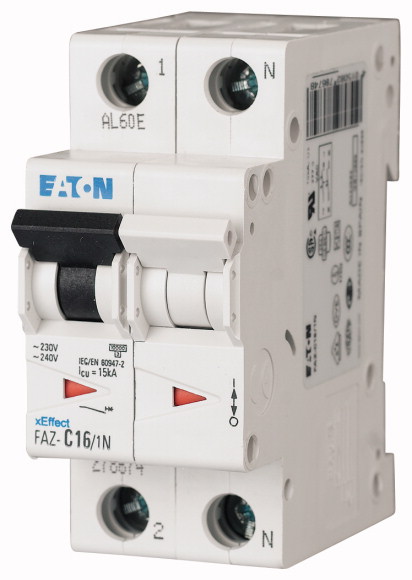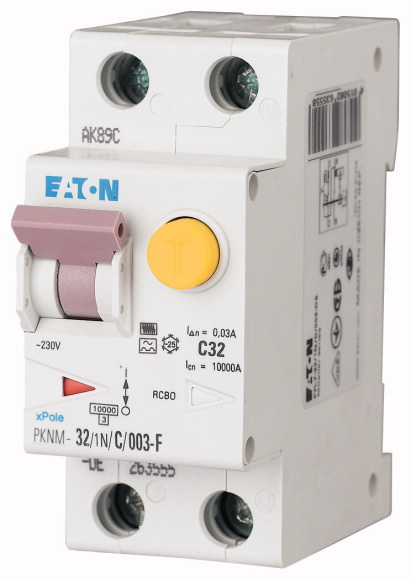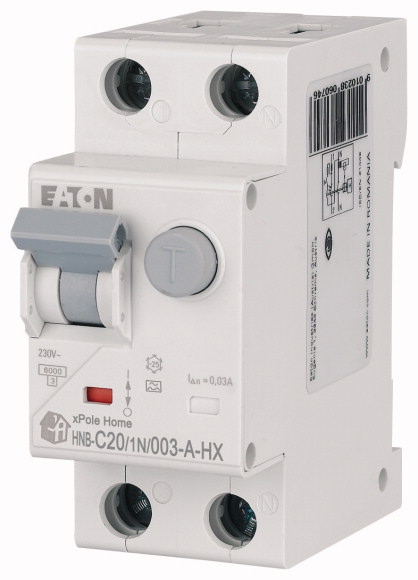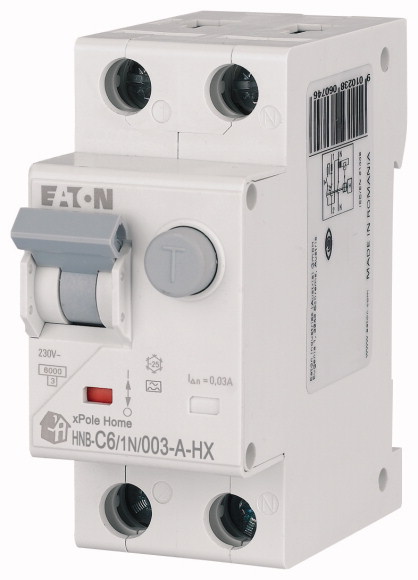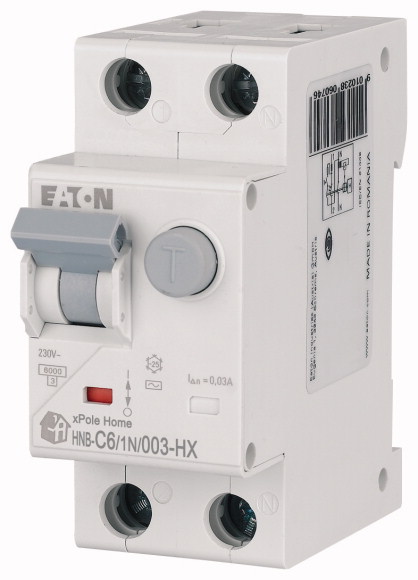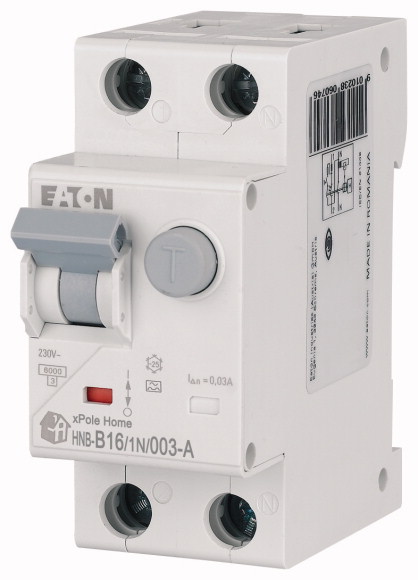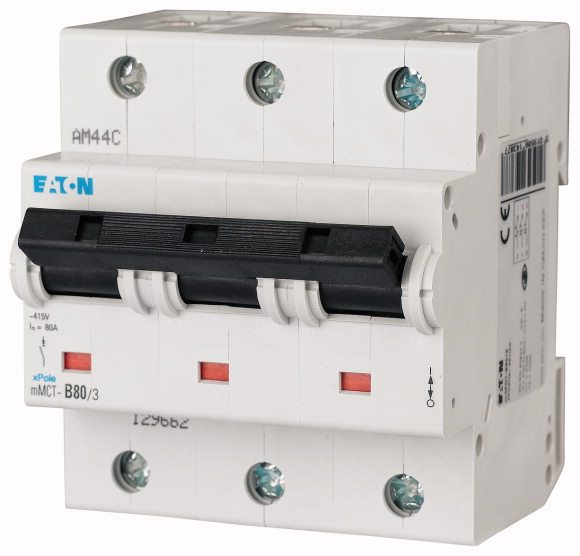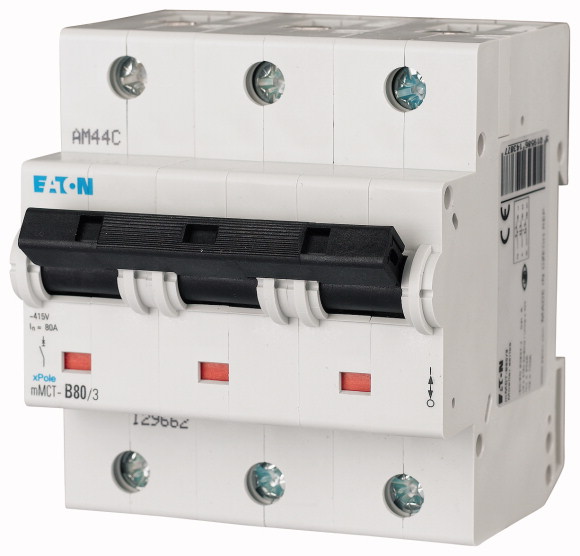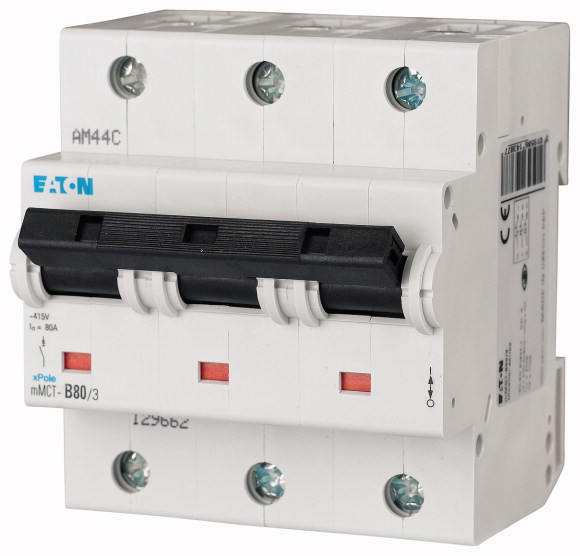Eaton : FAZ-B6/1N
278642 FAZ-B6/1N
FAZ-B6/1N /278642
Miniature circuit breaker (MCB), 6A, 1Np, B-Char, ACMiniature circuit breaker (MCB) FAZ, 1 pole+N, Tripping characteristic: B, Rated current In: 6 A, Switchgear for industrial and advanced commercial applications
Miniature circuit breaker (MCB), 6A, 1Np, B-Char, AC
Miniature circuit breaker (MCB) FAZ, 1 pole+N, Tripping characteristic: B, Rated current In: 6 A, Switchgear for industrial and advanced commercial applications
As Mnelko, we are a reliable partner in industrial automation solutions, offering high-quality and innovative products with a wide product range to meet all the needs of your business. Our product portfolio consists of solutions designed based on the principles of high performance, durability, and efficiency to support modern industrial processes.
All of our products ensure maximum reliability even in challenging working conditions and help your business operations run smoothly. The products we offer in industrial automation, energy management, cabling solutions, and many other areas adapt flexibly to the needs of different sectors.
Additionally, our products are manufactured using only high-quality materials and comply with international standards. Through the solutions we provide, we enable our customers to increase operational efficiency and optimize costs. Our company closely follows technological advancements and continuously offers innovative products to help our customers gain a competitive advantage.
On each of our product pages, you can find comprehensive information about technical details, areas of use, and product features. You can explore all the products you need to strengthen your industrial processes on our website and enjoy a seamless purchasing experience.
All of our products ensure maximum reliability even in challenging working conditions and help your business operations run smoothly. The products we offer in industrial automation, energy management, cabling solutions, and many other areas adapt flexibly to the needs of different sectors.
Additionally, our products are manufactured using only high-quality materials and comply with international standards. Through the solutions we provide, we enable our customers to increase operational efficiency and optimize costs. Our company closely follows technological advancements and continuously offers innovative products to help our customers gain a competitive advantage.
On each of our product pages, you can find comprehensive information about technical details, areas of use, and product features. You can explore all the products you need to strengthen your industrial processes on our website and enjoy a seamless purchasing experience.
Similar Products
Can't find the product you're looking for?
LET US HELP YOU
Can't Find the Product You're Looking For? Let Us Know, and We'll Source It for You!
Are you searching for products not listed on our website or out of stock? Let us know your requirements, and our expert team will contact you as soon as possible to find the most suitable solution for you.

